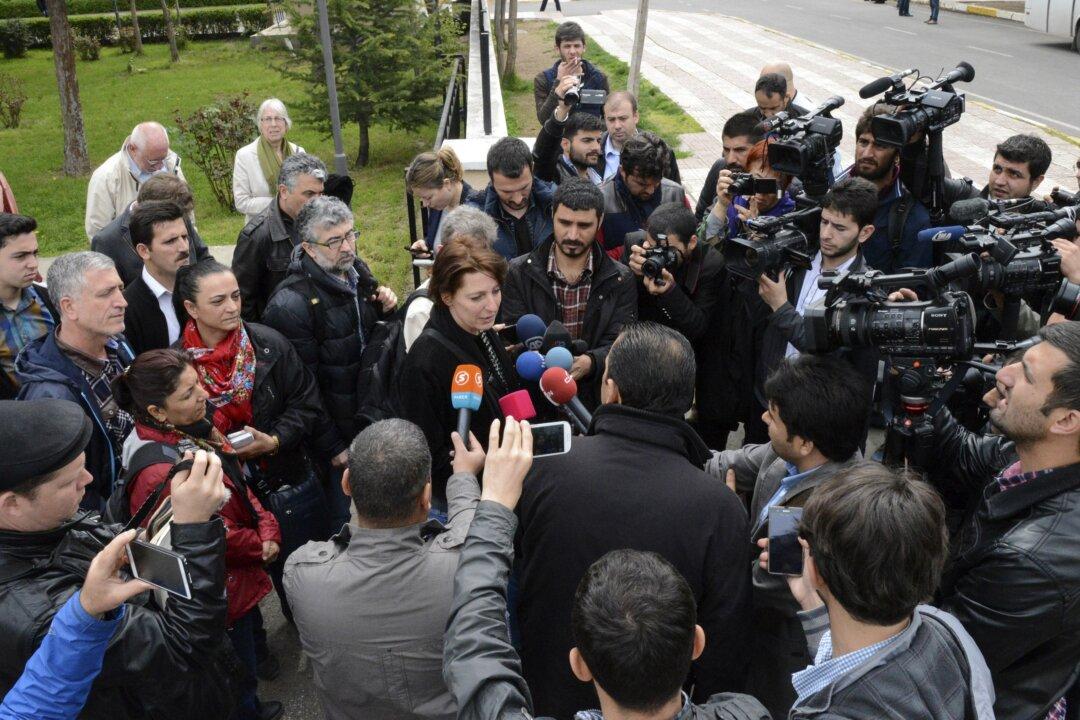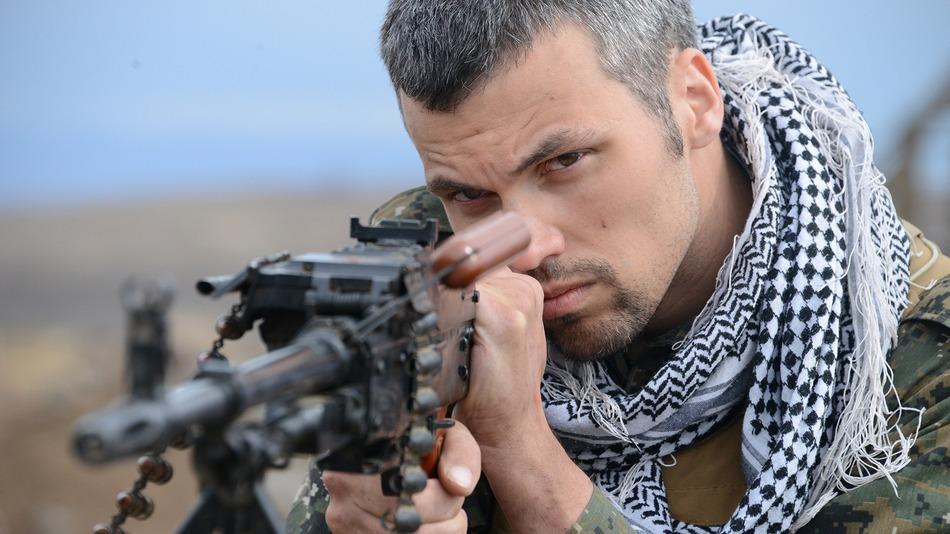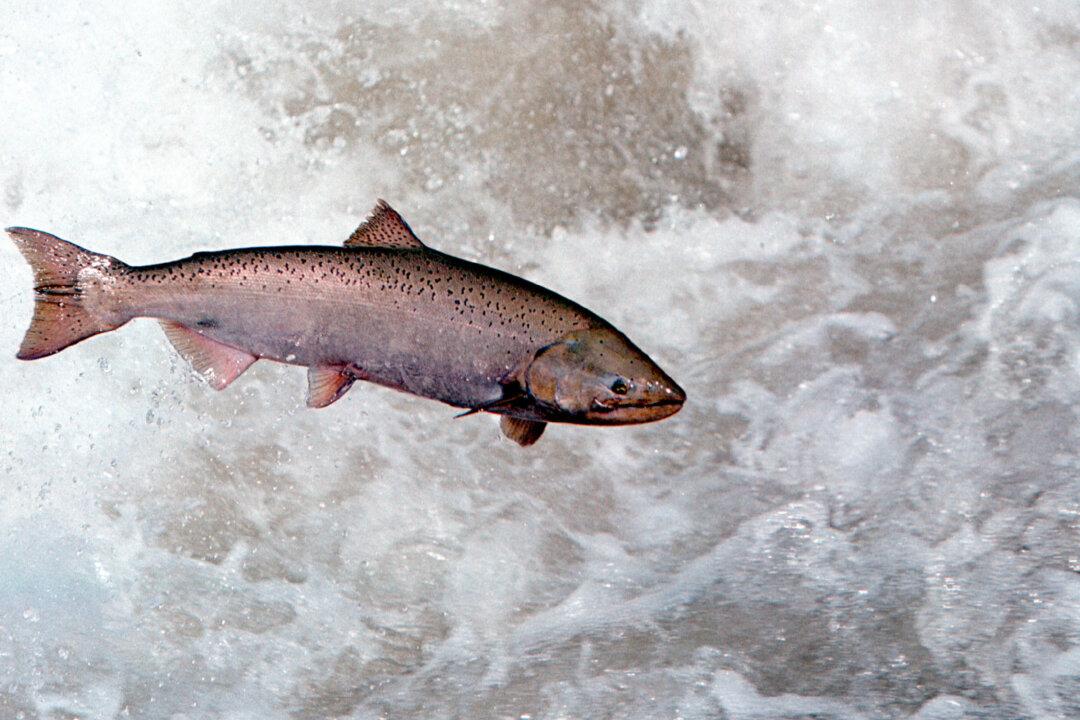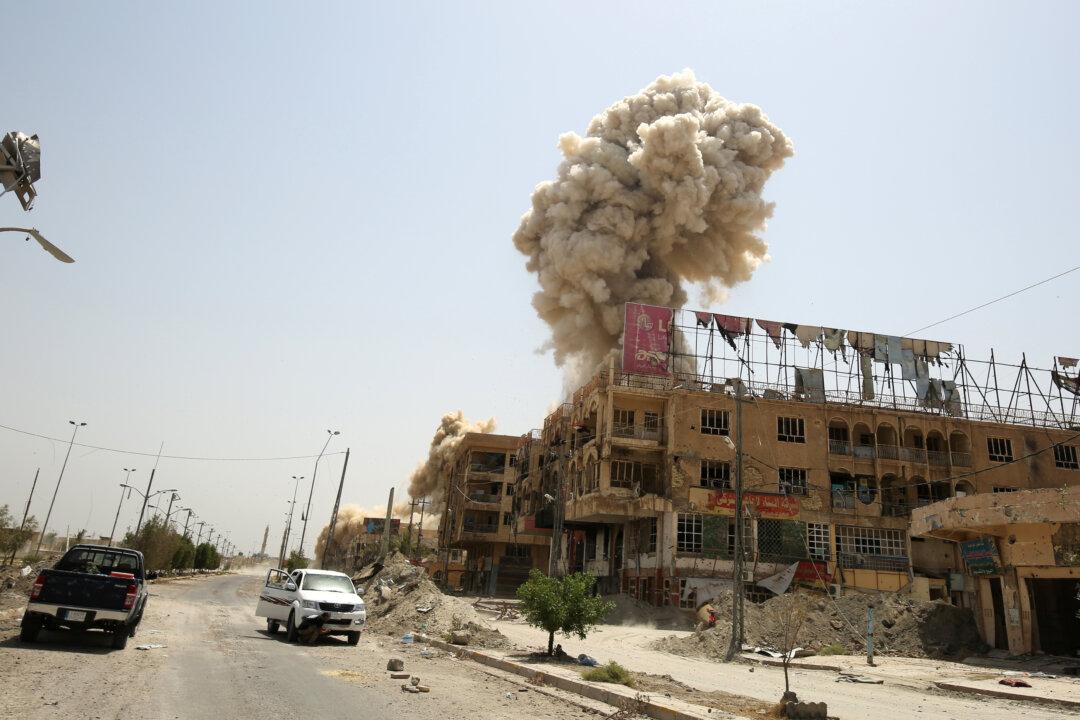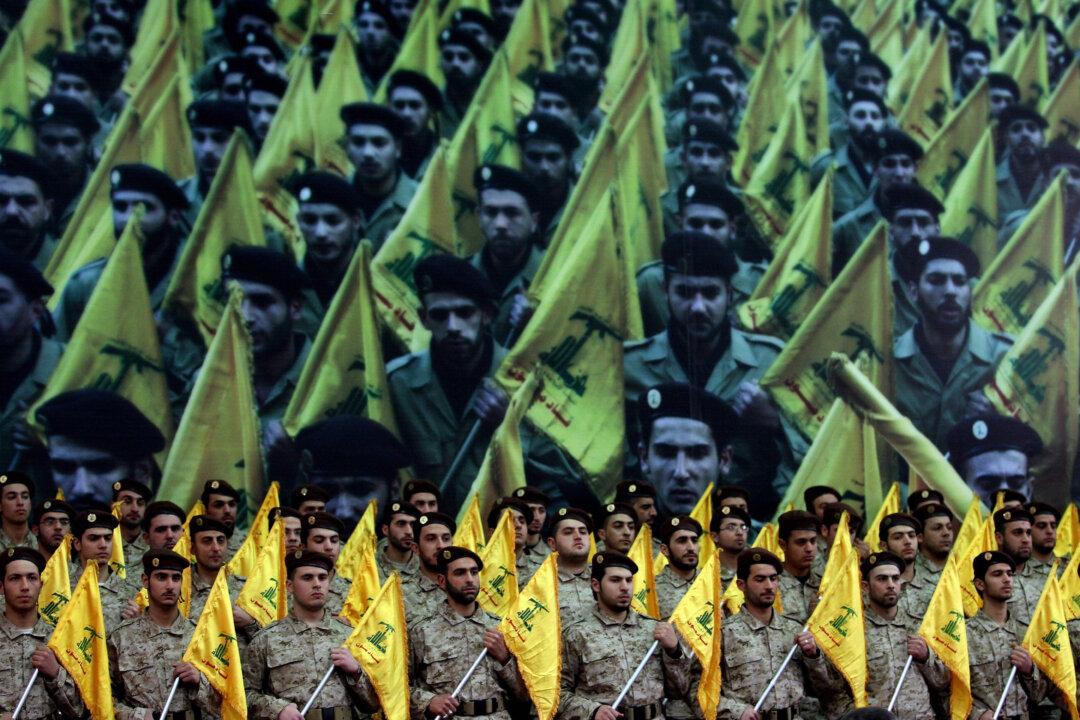British journalists Jake Hanrahan and Philip Pendlebury had a fearful stint of jail time in a Turkish jail cell earlier this month. The two men, along with local journalist and colleague Mohammed Ismael Rasool, were working in southeastern Turkey when they were arrested and charged with “aiding a terrorist organization.”
All three were reporting for Brooklyn-based VICE News on the ongoing conflict between the Turkish state and the banned Kurdistan Workers Party (PKK).
Their story is not unique. In the lead-up to important parliamentary elections Nov. 1 and against the backdrop of renewed fighting with the PKK in the highly charged region, 18 editors from nine leading publications were charged with terrorism in August for publishing a single photo. Also, authorities raided the offices of an independent media group on Sept. 1.
Five days later, Turkish authorities detained Dutch freelance reporter Fréderike Geerdink in Yuksekova, a town also in southeastern Turkey. Tensions have also played out over social media, including a mob attack on a building that houses multiple media outlets. The row was over a tweet that allegedly misquoted President Recep Tayyip Erdogan.
Political tensions are at least partly to blame for the ramp-up of pressure on journalists, though in 2013 and 2014 Turkey jailed more journalists than any other country in the world. In June, Turkey’s ruling party lost its parliamentary majority, essentially blocking Erdogan’s plans to substantially shore up his presidential power.
The government has taken increasingly extraordinary measures to fight against the PKK, which is designated by the government as a terrorist organization.
On Sept. 8, ground forces were deployed across the border into northern Iraq for the first time since 2011. The move indicates that they are ratcheting up the battle against Kurdish rebels who have hit the Turkish military with a string of attacks in recent weeks.
